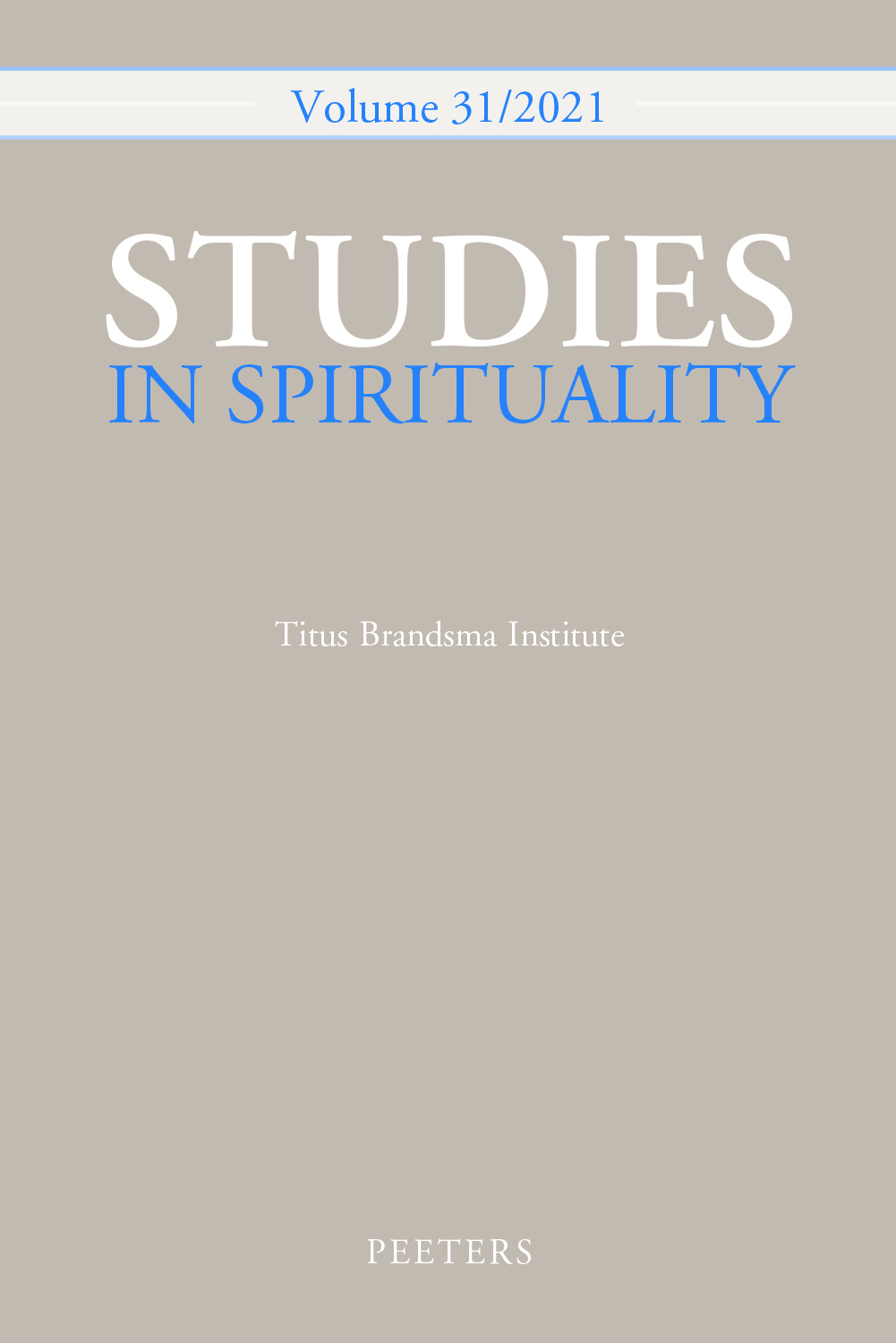next article in this issue  |

|
Document Details : Title: Spirituality and Postmodern Philosophy Subtitle: Emptiness as an opportunity for esteem Author(s): MAAS, Frans Journal: Studies in Spirituality Volume: 11 Date: 2000 Pages: 5-27 DOI: 10.2143/SIS.11.0.505274 Abstract : Contemporary 'difference-philosophy' has drawn much attention to negative theology, as have studies of mysticism. In this context, this article poses the question whether the character of negation in the images of God could open a new field of speaking about God and experiencing God in Christian spirituality. Today people obviously need something that breaks away from human bonds in a way that is both powerful and attractive. In present-day theologyGod sometimes appears as either an empty space that interrupts the flow of human discourse (Rahner) or an infinite entity that breaks down a relational system and within God is apprehended (Tracy). There has to be some perplexity and even stupefaction in relation to God. We now try to see how 'difference-philosophy', which is often akin to Jewish reservedness towards ultimate truth, can be helpful not only in rending the veil concealing the Divine, but also in finding new ways of being involved with the Ultimate. This point relates to what the Titus Brandsma School of Spirituality calls 'basic inspiration' as a constitutive element of spirituality. The question is focused on a particular text of Jean-François Lyotard found in his booklet: Heidegger and 'the Jews'. In this text Lyotard mentions the Forgotten and links it to the Kantian notion of the Sublime. From his reflections on language, Lyotard takes the idea that people necessarily have to make choices to continue discourse. In doing so, they must select just one fragment of all possible reality. That is a mistake: usually we forget that we forget. Lyotard draws our attention to the potentialof the Forgotten in our thinking and behaving. The Forgotten should be an opportunity, an opportunity not totally preoccupied with self. The partial void it implies should stimulate us to have respect and esteem for the other. As he combines this idea of the Forgotten with Kant's aesthetic notion of the Sublime, Lyotard uses many expressions typical of religious language. Altough the Forgotten-Sublime remains a philosophical term, we can learn from Lyotard's tight reasoning: first, God's name in its hideness is somehow part of the Forgotten and must resist human appropriation; second, the notions of high-degree negativity in Kant's speculation about the beautiful allow the possibility of asserting such positive elements as narratives and rituals. |
|
